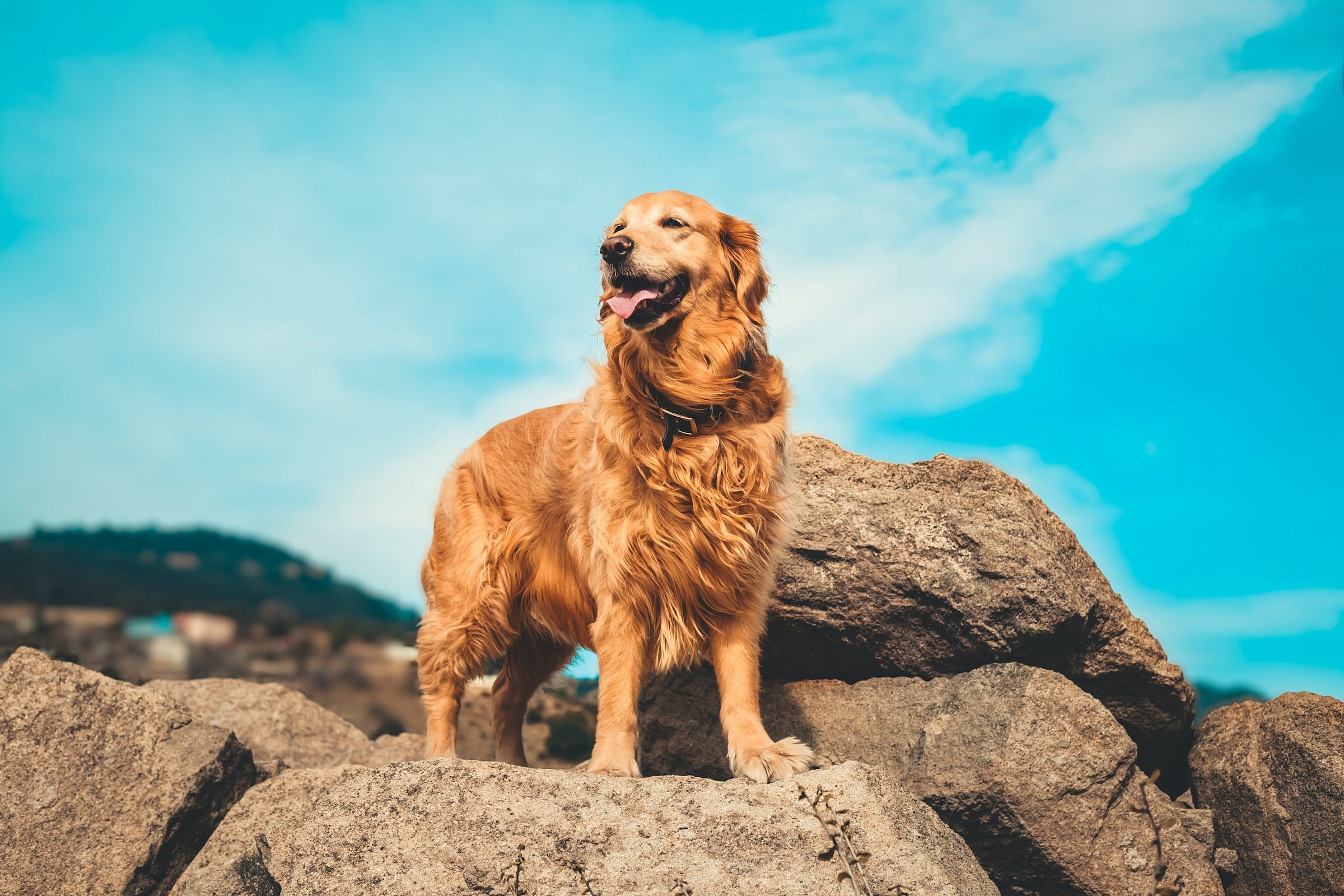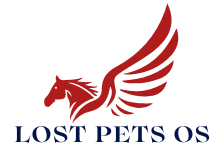What are the best low-impact exercises for an aging Golden Retriever in England?

As your cherished Golden Retriever transitions into their twilight years, they may not be the energetic pup they once were. Despite this, regular exercise remains a crucial part of their overall health and well-being. You might be wondering what kind of exercises are suitable for your aging pet. Not to worry, this article provides a comprehensive guide on the best low-impact exercises that will help keep your senior Golden Retriever active and happy.
Tailoring Exercise to an Older Dog's Needs
As dogs age, their energy levels decrease, and they may find it challenging to engage in the high-energy activities they once enjoyed. Senior dogs are also more susceptible to health issues like arthritis, which can make certain exercises difficult or painful. Hence, it's crucial to tailor your dog's exercise routine to their age and health status.
Dans le meme genre : What are the environmental enrichment strategies for a pet fox in a suburban UK garden?
Low-impact exercises are particularly beneficial for senior dogs. These exercises help to keep your dog active and engaged without putting too much strain on their joints or cardiovascular system. Furthermore, regular low-impact exercise can help to maintain your pet's muscle mass, support their joint health, and improve their overall mobility.
Walking: A Staple Exercise for Senior Dogs
One of the simplest and most effective low-impact exercises for senior dogs is regular walking. While younger dogs may require vigorous exercise, walking can provide just the right amount of physical activity for your older pet.
Sujet a lire : How to create a bird-friendly environment that supports British finches during winter?
Walking helps to keep your Golden Retriever's joints flexible and muscles toned. It also provides a great opportunity for your dog to explore their environment, which can help to keep their minds sharp.
Of course, the length and intensity of the walk should be tailored to your pet's health and energy level. A leisurely stroll around the neighborhood or through the park might be just the ticket for an older dog. Remember, the goal is not to exhaust your pet, but rather to help them stay active and engaged.
Swim Therapy: A Gentle Way to Stay Active
Swimming is another excellent low-impact exercise for senior Golden Retrievers. The buoyancy of water supports your dog's weight, reducing strain on their joints while still allowing them to engage their muscles.
If your pet has never swum before, you might need to introduce them to the water gradually. Start with shallow water and stay by their side, providing encouragement and support. Over time, your dog will likely grow more comfortable and confident in the water.
Please note that swim therapy should always be supervised. Despite being natural swimmers, some dogs may struggle, especially if they are not used to water. Always ensure your pet's safety first.
Games and Interactive Toys: Mental and Physical Stimulation
Exercise for senior dogs isn't just about physical activity; mental stimulation is equally important. Interactive games and toys can provide both mental and physical exercise for your pet.
Toys that dispense treats when manipulated can keep your dog engaged for extended periods. Other games like hide and seek, where you hide treats or toys around the house, can provide a fun and stimulating exercise for your pet.
Remember to tailor the game to your pet's abilities. If your pet struggles with mobility, ensure that toys and treats are placed in easily accessible spots.
Training and Obedience Exercises: A Lifetime of Learning
Continued training and obedience exercises can provide both mental and physical stimulation for an aging Golden Retriever. Training can help to keep your dog's mind sharp, maintain their manners, and strengthen your bond.
Even if your dog is already well-trained, revisiting old tricks or learning new ones can be a source of enjoyment and mental exercise. This can range from basic commands to more advanced tricks like fetching the newspaper or turning off lights. Remember to keep sessions short and fun, and always reward your pet for their efforts.
Tailor-made Activities: A Personal Touch
Every dog is unique, which means their exercise needs and preferences may vary. While some dogs might enjoy a leisurely swim, others may prefer a game of hide and seek or a stroll in the park. It's essential to find activities that your dog not only can do, but also enjoys.
Consider your dog's personality and preferences when planning their exercise routine. If your dog has always enjoyed playing fetch, for example, you might try a modified game using a soft, lightweight toy that doesn't require them to run or jump as much. If they've always enjoyed exploring, consider taking them on a new walking route.
In the end, the key is to keep your senior Golden Retriever engaged, active, and happy. With a bit of creativity and patience, you can find low-impact exercises that suit your pet's needs and help them enjoy their golden years to the fullest.
The Importance of a Balanced Diet and Regular Check-ups
While exercise is crucial for an older dog's health, it's only one piece of the puzzle. A balanced diet and regular veterinary check-ups are equally important in caring for your senior Golden Retriever.
Dogs, especially senior dogs, require a balanced diet to ensure they receive proper nutrition. As your Golden Retriever ages, their dietary needs may change. They may need a diet lower in calories but rich in nutrients like protein and fibre. You may also need to consider special diets if your dog has health conditions like diabetes or heart disease. Always consult with your vet to create a diet plan that suits your dog's individual needs.
Regular veterinary check-ups are vital to monitor your senior dog’s health. These check-ups will help to identify any potential health issues early on and allow for proactive treatment. Pet insurance can be a helpful tool in managing the cost of regular veterinary care and potential health issues.
Remember, a healthy diet and regular check-ups, coupled with a low-impact exercise routine, can contribute to your Golden Retriever's overall well-being and happiness in their senior years.
Conclusion: Embrace the Golden Years
Caring for an aging Golden Retriever can be a rewarding experience. It's a chance to give back to your faithful companion for the years of joy and companionship they have given you. Although their pace may slow as they age, your Golden Retriever still has a lot of love to give and life to live.
Embracing low-impact exercises like walking, swimming, interactive games and toys, obedience training, and tailor-made activities can significantly contribute to your dog's physical health and mental stimulation. Pair these exercises with a balanced diet and regular veterinary care, and your senior dog can enjoy their golden years in health and happiness.
Remember, while it is necessary to tailor exercise to your dog's capabilities, the goal remains the same: to keep your dog active, engaged, and happy. With patience, creativity, and love, you can ensure your Golden Retriever enjoys their twilight years to the fullest.
In the end, the golden years of a Golden Retriever's life can be just as golden as their coat, filled with love, joy, and a healthy dose of fun. It's not about extending their life but about enhancing the quality of life they have left. This is the best gift you could give to your loyal friend in their golden years.
